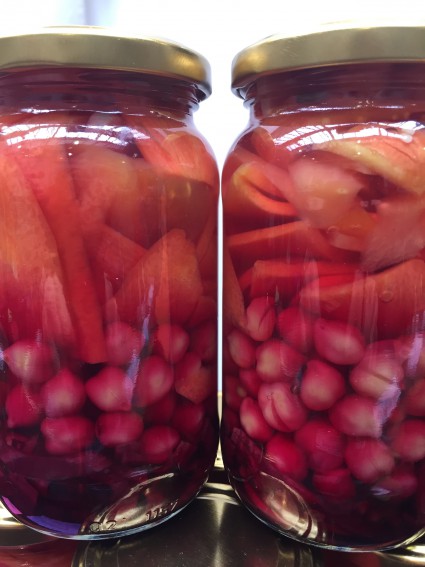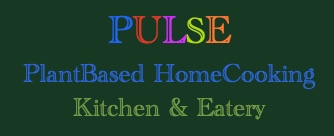The place, the space, the setting, the scene for PULSE…
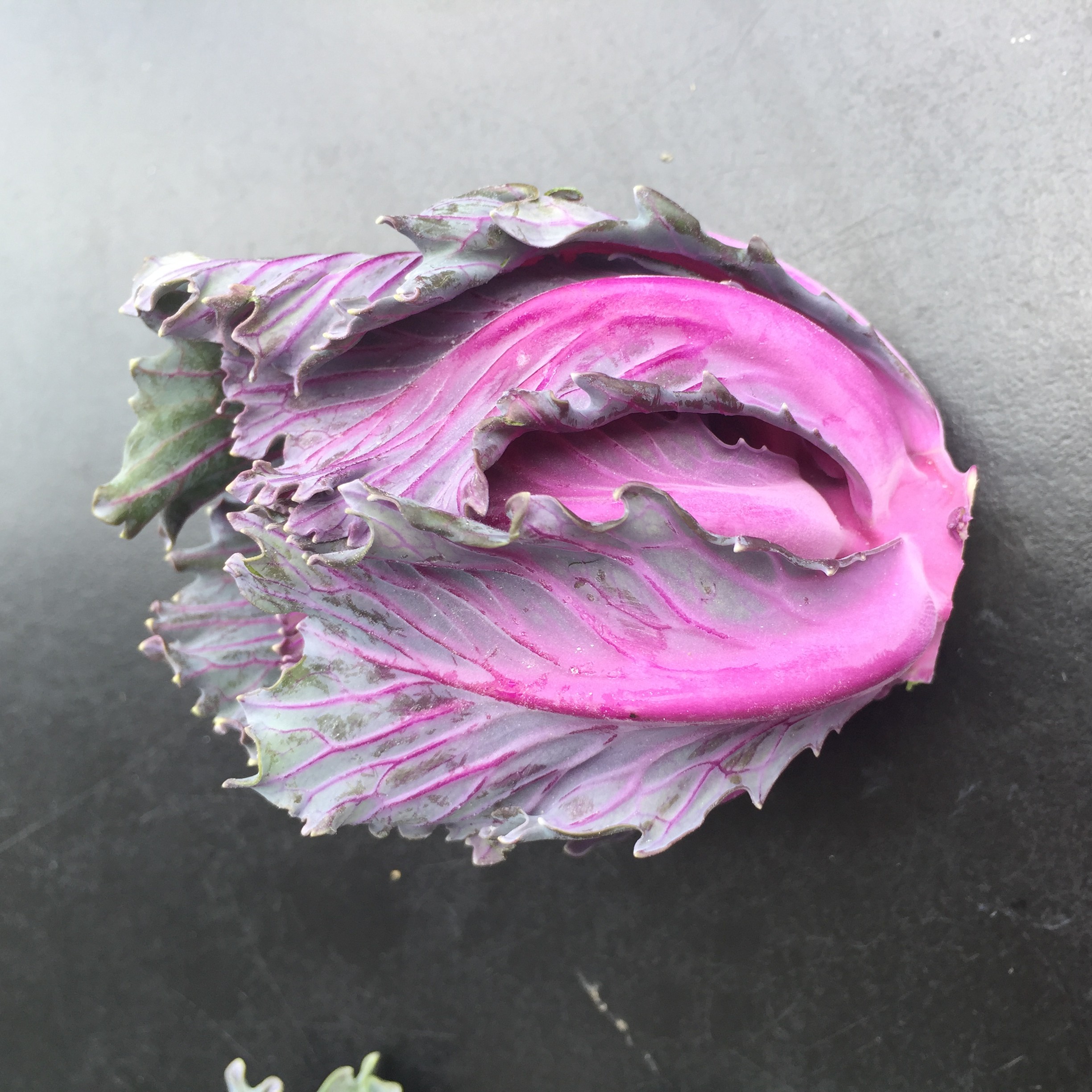
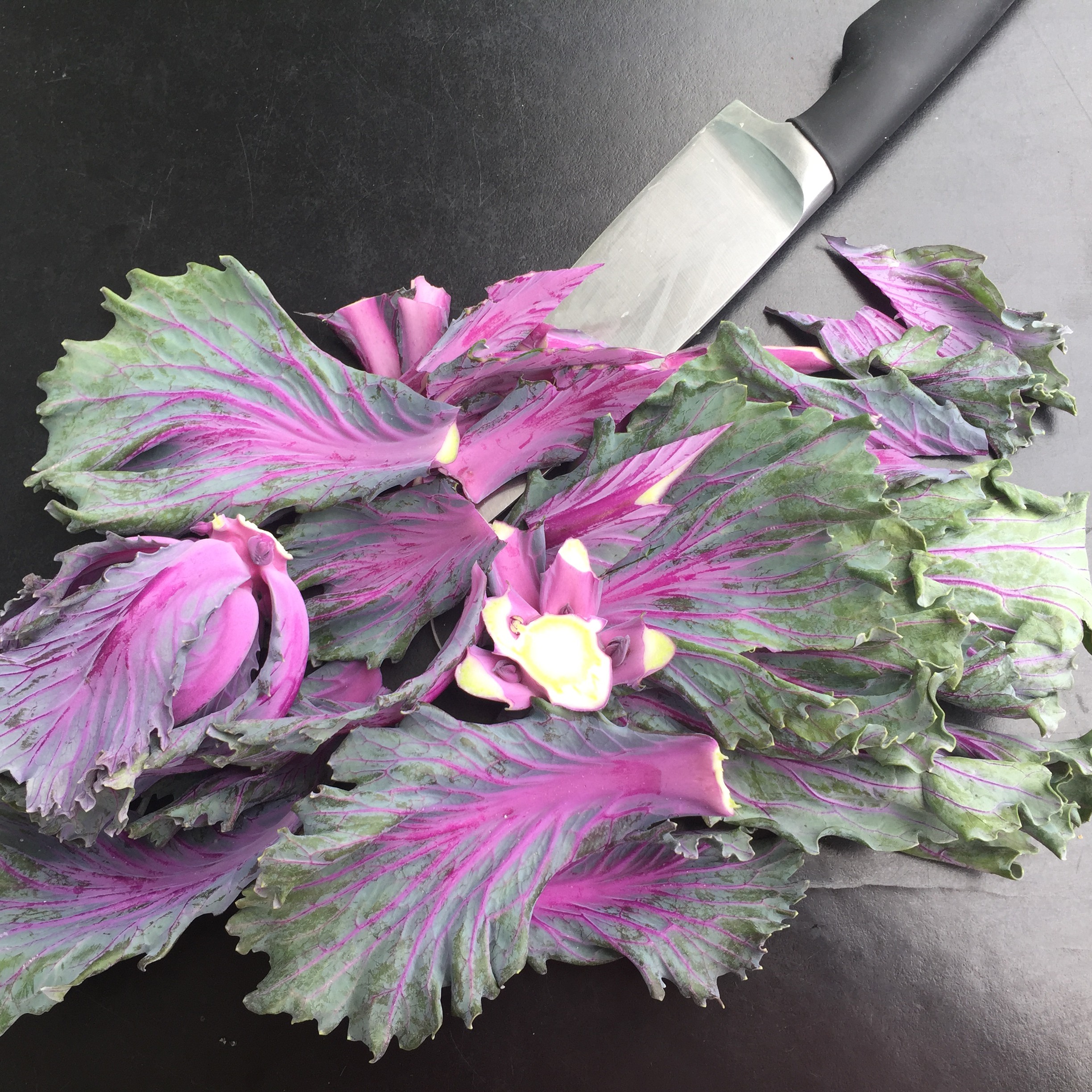
PULSE PlantBased HomeCooking at St John’s Church terrace.
The church is located at the corner of Lothian Road and Prices Street in Edinburgh.
We are located at the garden terrace level with amazing views of the Castle.
In our space we will initially cook and serve you super tasty plantbased food and soon after, offer kitchen and cooking skills sessions.
Cooking and kitchen skills classes will range from cooking methods to ingredient appreciation, to improvising with ‘leftover bits and pieces’.
In this space you will be able to eat well and think well—there will not be music blasting loudly, nor will you be constantly irritated by the sound of a coffee/milk steamer!
You will be able to enjoy the daily offerings of hot and ambient foods in our place. You get to eat real food that is good for you and the planet.
The future plans for the space include ‘salon evenings’ or gatherings to discuss a specific food-related issue, exchange information and eat a wonderful meal together.
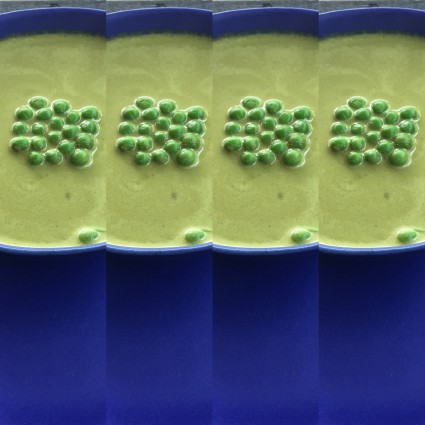
Engaging now today and tomorrow.
The time to take care of one’s health is always now and as we are constantly reminded for good reason, there is an urgency in doing as much as we can to improve environmental health.
The most immediate impact one can do to affect the wellbeing of both our environment and our selves is to adopt a plantbased diet.
We’d be naive to assume such action is not also political, in essence, the structural changes of making such decisions en mass have great consequences. We recognise that changing old habits are difficult but that doesn’t mean new habits cannot be added.
As Pulse we’ve read and researched much. Some of the plant-based food related news and science that was nascent and emerging when we began is now headline news and some of the terminology has now become common parlance. We keep up with the research and it will continue to inform our work in nuanced and interesting ways.
Making food is what we do; it is our wholistic understanding of the world that informs the how and why of what we do. We strive to be as conscious and as knowledgeable as we possibly can about food and all the sectors that coincide with it. Acceptance of the urgency of Earth’s sustainability problems and its connections with the growing global health issues and the underlying structures of food politics forms the basis of our wholistic view.
But always with the driving ambition to make what we make as tasty as possible.
Here are a few sources that we have found to be very important. Have a look if you wish!
BIBLIOGRAPHY
To begin with…
- Barnard, N. The Cheese Trap: How Breaking a Surprising Addiction Will Help You Lose Weight, Gain Energy and Get Healthy. Machete Book Group; 2017
- Campbell TC. & Campbell T. The China Study: The Most Comprehensive Study of Nutrition Ever Conducted And the Startling Implications for Diet, Weight Loss, And Long-term Health. BenBella Books; 2006
- Campbell T C & Jacobson H. Whole: Rethinking the Science of Nutrition. BenBella Books; 2014
- Esselstyn, CB, Jr., Prevent and Reverse Heart Disease: The Revolutionary, Scientifically Proven, Nutrition-Based Cure. Avery Books; 2008
- Esselstyn CB, Jr., Gendy G, Doyle J, Golubic M, Roizen M. A Way to Reverse CAD? J Fam Pract. 2014;63:356-64b.
- Greger, M. How Not to Die: Discover the Foods Scientifically Proven to Prevent and Reverse Disease. Flatiron Books; 2015
- McDougall, J & McDougall M. The Starch Solution: Eat the Foods You Love, Regain Your Health, and Lose the Weight for Good! Royale Books; 2013
- Lisle D J. & Goldhamer, A. The Pleasure Trap: Mastering the Hidden Force that Undermines Health & Happiness. Healthy Living Publications; 2003
- Ornish D. & Ornish A. Undo It!: How Simple Lifestyle Changes Can Reverse Most Chronic Diseases. Ballantine Books: 2019
- Foer JS. Eating Animals. Penguin; 2009
- Pollan, M. In Defence of Food: An Eater’s Manifesto. Penguin; 2009
- Pollan, M. Cooked: A Natural History of Transformation. Penguin; 2013
- Robbins, J. The Food Revolution: How Your Diet Can Help Save Your Life and our World. Conner Press; 2001
- Zen Master Dōgen & Kōshō Uchiyama Rōshi. How To Cook Your Life: From the Zen Kitchen to Enlightenment. Shambhala; 2005
Some useful websites…
- https://www.foodpolitics.com Marion Nestle’s blog
- https://plantbasedfoods.org Michele Simon’s work
- https://www.monbiot.com/category/climate-change/ George Monbiot’s work on climate change
- Pork production on factory farms. Farm Sanctuary website http://www.farmsanctuary.org/learn/factory-farming/pigs-used-for-pork/
- What is nutrient pollution? National Oceanic & Atmospheric Administration, National Ocean Service website http://oceanservice.noaa.gov/facts/nutpollution.html
- Brooks C. Consequences of increased global meat consumption on the global environment – trade in virtual water, energy & nutrients. Stanford Woods Institute for the Environment website. https://woods.stanford.edu/environmental-venture-projects/consequences-increased-global-meat-consumption-global-environ
- Food & Agriculture Organization of the United States. The state of world fisheries and aquaculture. 2010 http://www.fao.org/docrep/013/i1820e/i1820e00.htm
- Agricultural Chemical Use Program. USDA National Agricultural Statistics Service website https://www.nass.usda.gov/Surveys/Guide_to_NASS_Surveys/Chemical_Use/
- Eight ways Monsanto fails at sustainable agriculture: #2 increasing herbicide use. Union of concerned scientists website http://www.ucsusa.org/food_and_agriculture/our-failing-food-system/genetic-engineering/increasing-herbicide-use.html#.Vzsb
- GMO Dangers: Facts You Need to Know (Jonathan Latham) https://nutritionstudies.org/gmo-dangers-facts-you-need-to-know/
- Nature Does Not Negotiate (Howard Lyman) https://nutritionstudies.org/nature-does-not-negotiate
- That the Sixth Mass Extinction is Here (Paul Ehrlich) https://news.stanford.edu/2015/06/19/mass-extinction-ehrlich-061915/
- The Ultimate Food Fight Between Science and Technology (T. Colin Campbell) https://nutritionstudies.org/the-ultimate-food-fight-between-science-and-technology/
- Dietary guidelines for Americans 2015-2020 Eighth Edition. Health.gov website. https://health.gov/dietaryguidelines/2015/guidelines/
Some scientific journal publications for further, more detailed reading…
- Dearborn JL, Urrutia VC, Kernan WN. The case for diet: a safe and efficacious strategy for secondary stroke prevention. Frontiers in Neurology. 2015; 6:1.
- Eisner MD, Anthonisen N, Coultas D, et al. An official American Thoracic Society public policy statement: Novel risk factors and the global burden of chronic obstructive pulmonary disease. Am J Respir Crit Care Med. 2010; 182:693-718.
- McGill HC, Jr., McMahan CA, Gidding SS. Preventing heart disease in the 21st century: implications of the Pathobiological Determinants of Atherosclerosis in Youth (PDAY) Study. Circulation. 2008; 117:1216-27.
- Morris MC, Tangney CC, Wang Y, Sacks FM, Bennett DA, Aggarwal NT. MIND diet associated with reduced incidence of Alzheimer’s disease. Alzheimers Dement. 2015 Sep; 11(9): 1007-1014.
- Ornish D, Scherwitz LW, Billings JH, et al. Intensive lifestyle changes for reversal of coronary heart disease. JAMA. 1998; 280(23): 2001-7.
- Ornish D, Weidner G, Fair WR, et al. Intensive lifestyle changes may affect the progression of prostate cancer. J Urol. 2005;174:1065-9; discussion 9-70
- Peto R, Doll R, Buckley JD, Sporn MB. Can dietary beta-carotene materially reduce human cancer rates? Nature. 198; 290:201-8
- McWilliams J. Meat makes the planet thirsty. The New York Times. March 7, 2014. http://www.nytimes.com/2014/03/08/opinion/meat-makes-the-planet-thirsty.html?_r=1
- Battisti DS, Naylor RL. Historical warning of future food insecurity with unprecedented seasonal heat. Science. 2009; 323(5911): 240-4.
- Carus F. UN urges global move to meat and dairy-free diet. The Guardian. June 2, 2010. http://www.theguardian.com/environment/2010/jun/02/un-report-meat-free-diet
- Where are the best opportunities for reducing greenhouse gas emissions in the food system (including the food chain)? Food Policy. 2011; 36(Suppl 1): S23-S32.
- Pearce F. What is the carbon limit? That depends on who you ask. Yale Environment 360.http://e360.yale.edu/feature/what_is_the_carbon_limit_that_depends_who_you_ask/2825/.
- Greenburg P. A fish oil story. The New York Times. December 15, 2009. http://www.nytimes.com/2009/12/16/opinion/16greenberg.html?_r=2&ref=global-home&.
- Myers RA, Worm B. Rapid worldwide depletion of predatory fish communities. Nature. 2003; 423: 280-283.
- Hansen J. Storms of my grandchildren: The truth about the coming climate catastrophe and our last chance to save humanity. New York, NY: Bloomsbury USA; 2010
- Latham J. GM regulators chose ignorance over science. The Guardian. June 15, 2011. http://www.theguardian.com/commentisfree/2011/jun/15/gm-regulators-pesticides-safety.
- De Roos AJ, Blair A, Rusiecki JA, Hoppin JA, et al. Cancer incidence among glyphosate-exposed pesticide applicators in the agricultural health study. Environ Health Persp. 2005; 113(1): 49-54.
- Gasnier C, Dumont C, Benachour N, Clair E, et al. Glyphosate-based herbicides are toxic and endocrine disruptors in human cell lines. Toxicology. 2009; 262(3): 184-191.
- Long-term study finds vitamin E supplements raise the risk of prostate cancer. Oncology (Williston Park). 2011 Nov 15; 25(12): 1236-7.
- Mursu J, Robien K, Harnack LJ, Park K, Jacobs DR Jr. Dietary supplements and mortality rate in older women: the Iowa Women’s Health Study. Arch Intern Med. 2011 Oct 10;171(18): 1625-33.
- Omenn GS, Goodman GE, Thornquist MD, et al.. Effects of a combination of beta carotene and vitamin A on lung cancer and cardiovascular disease. New Engl. J. Med. 334 (1996): 1150-1155.
- Shekelle RB, Raynor Jr. WJ. Dietary vitamin A and risk of cancer in the Western Electric Study. The Lancet 1981; 2: 1185-1190.
- Omenn GS, Goodman GE, Thornquist MD, et al.. Effects of a combination of beta carotene and vitamin A on lung cancer and cardiovascular disease. New Engl. J. Med. 334 (1996): 1150-1155.
